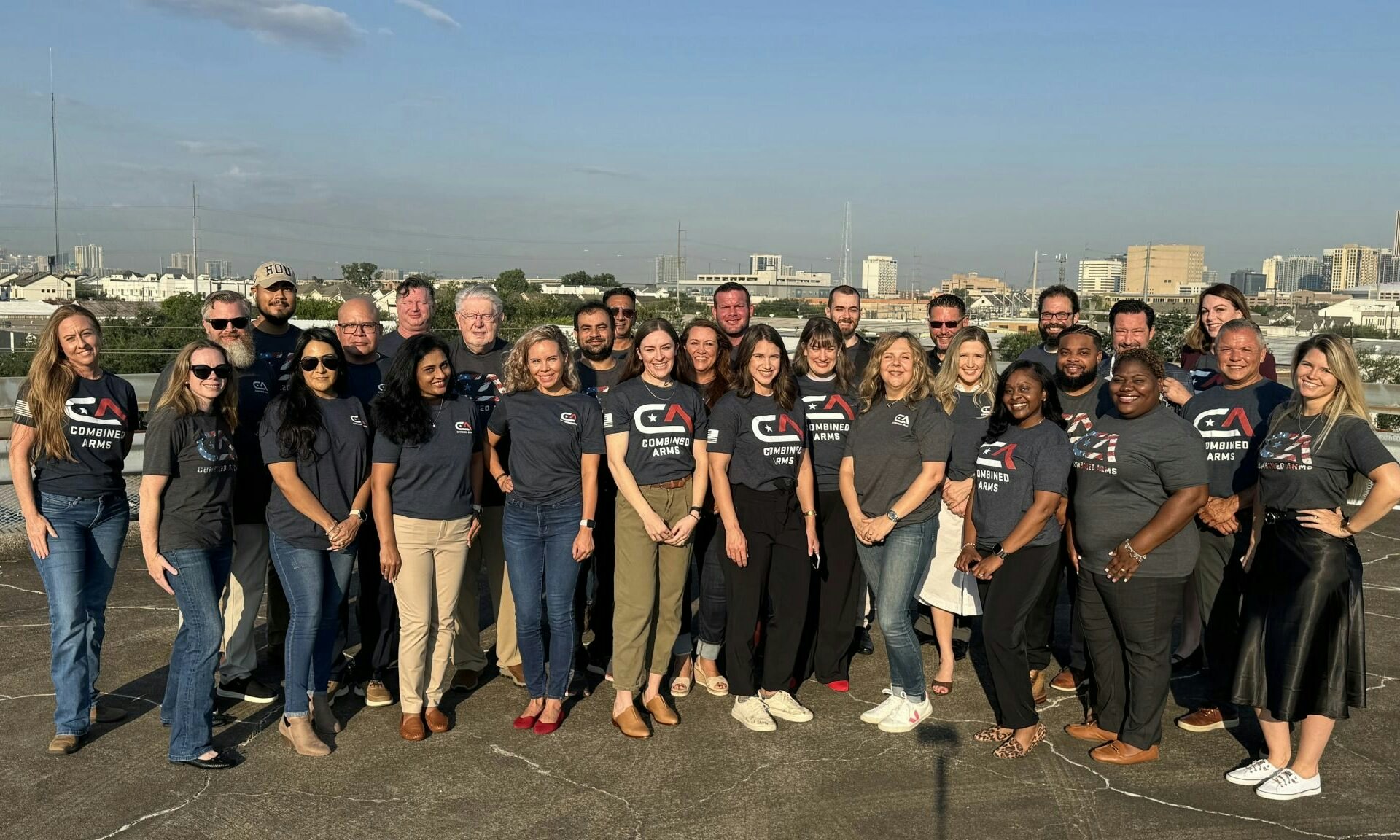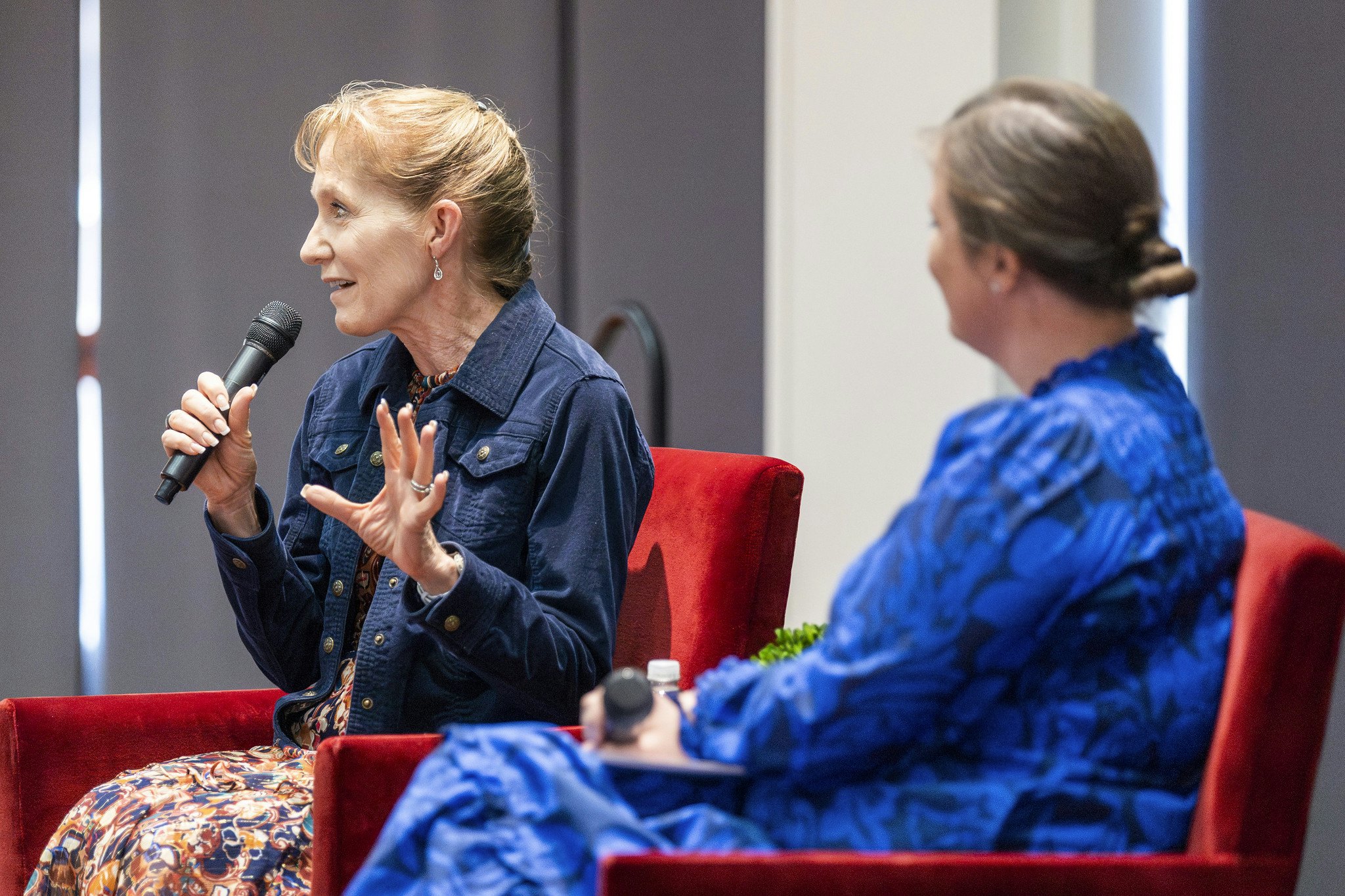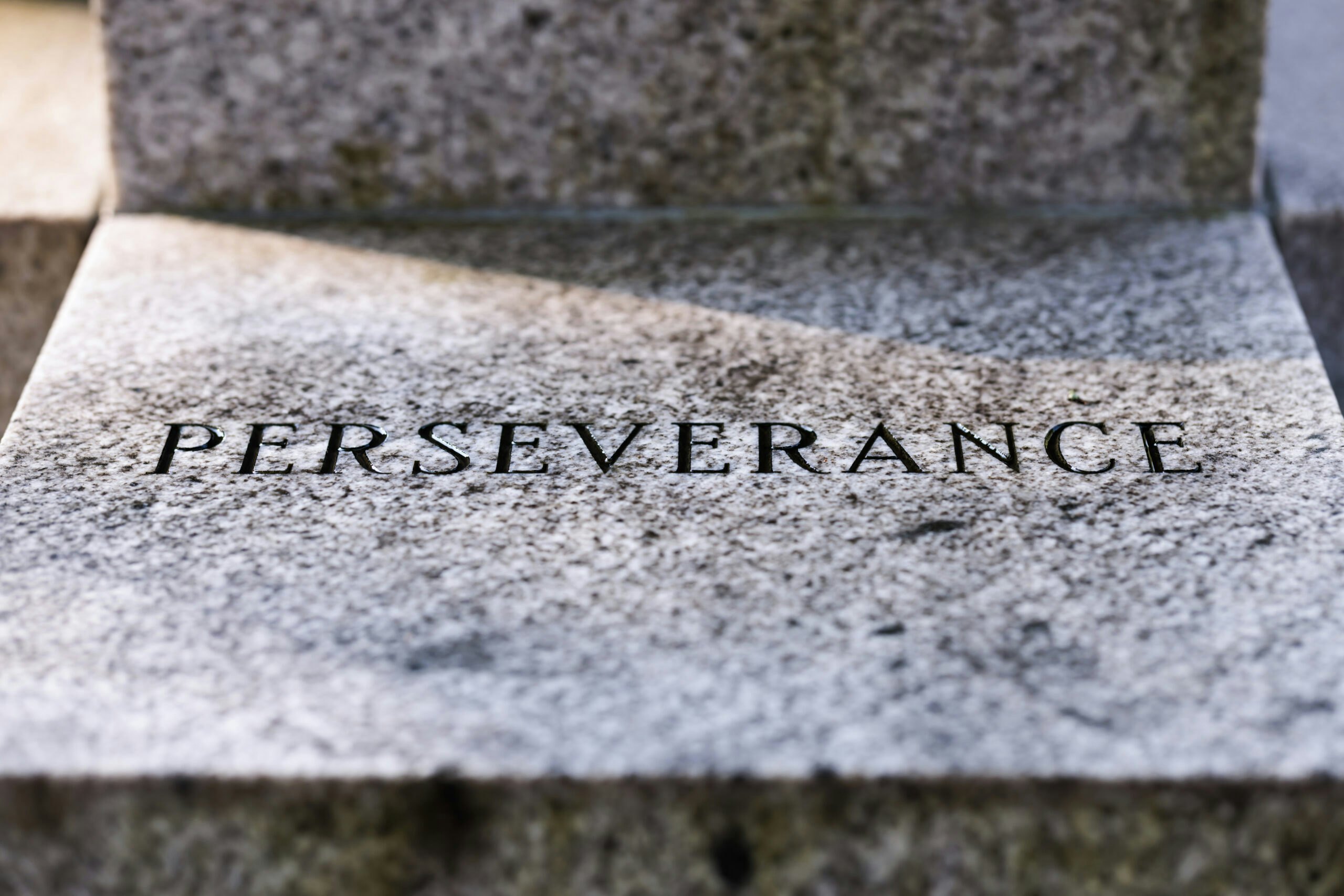Technology has significantly expanded access to mental health resources and treatments, particularly for service members, veterans, and their families.

As a spouse of an Navy veteran, I always found comfort in knowing that no matter where a permanent change of station took me, Check-In was a reliable resource I could access to address any mental health challenges I might face. This efficient and confidential tool created by the George W. Bush Institute’s Veteran Wellness Alliance connects veterans to high-quality compassionate mental and brain health care.
There were times I felt extremely isolated as a military spouse, trying to rebuild connections in a new community. Technology helped bridge this gap, enabling me to join online groups of spouses who shared similar experiences. Knowing I wasn’t alone and that others genuinely understood my struggles made a world of difference in my mental health and sense of belonging.
Whether it was seeking or sharing advice on local resources, venting about deployment frustrations, or simply connecting over common challenges, these virtual communities became a critical support system.
As someone who experiences anxiety, driving onto a new base for underway pickups and drop-offs was always unnecessarily nerve-wracking. Having access to online groups where I could quickly find posts about gate closures helped me avoid those stressful, awkward U-turns at closed entrances – an absolute lifesaver. Looking for the best place to park where you won’t get towed or the best location for housing to avoid an hour-long commute to base? Or how about the best view of the ship pulling into port? (Go Navy!) Chances are pretty high that there is already a post for that somewhere online.
Honestly, I’ll never fully understand how anyone managed to navigate military life before technology made these resources available. Technology also makes staying connected with a deployed family member easier.
Similarly, Check-In alleviates much of the burden associated with relocations by helping military families quickly and easily connect with mental health providers at their new duty stations. Instead of spending countless hours scouring the internet for a reliable mental health provider who understands military life, you simply submit a form to Check-In’s care coordinators, who then connect you with one of their many vetted clinics nationwide. This use of technology saves time and reduces stress in an already demanding situation.

Every permanent change of station comes with a seemingly endless list of tasks, including updating medical providers, a process that can quickly become overwhelming, especially considering how many providers military families often have. I frequently found myself postponing or completely avoiding the task of finding new doctors because it was stressful to locate someone who matched my needs.
But it’s important to remember that technology isn’t always beneficial. It also has the potential to encourage harmful or toxic behaviors, negatively impacting mental health.
With a few taps, we can instantly send messages across the globe. When my spouse was deployed to a highly volatile region overseas, it was wonderful to share happy moments through photos and videos. These small communications kept them connected and provided motivation during especially challenging days or missions. However, sharing every negative detail from home – such as a broken washing machine, a sick dog, or a leaking roof after a storm – only increased their anxiety and sense of helplessness. They had no control over these issues, and learning about them distracted them from focusing on their immediate safety and tasks.
Instant communication through technology, such as a quick “good morning” message or a video call, can significantly boost a service member’s mental well-being. However, when these brief interactions turn into continuous updates about problems at home, technology’s impact can quickly become harmful.
Technology has made our world more accessible and interconnected. We have endless knowledge at our fingertips, but sometimes we simply need another human being. Check-In is a perfect representation of how technology can positively bridge this gap.
While it leverages modern tools and platforms, Check-In connects users with compassionate, real-life advocates dedicated to guiding individuals toward essential mental and brain health resources. Check-In shows how technology can help people by connecting them with real people who care and can guide them to mental health support.
Kala Gulvosen is Technical Support Manager at Combined Arms and the lead technology representative for Check-In






























